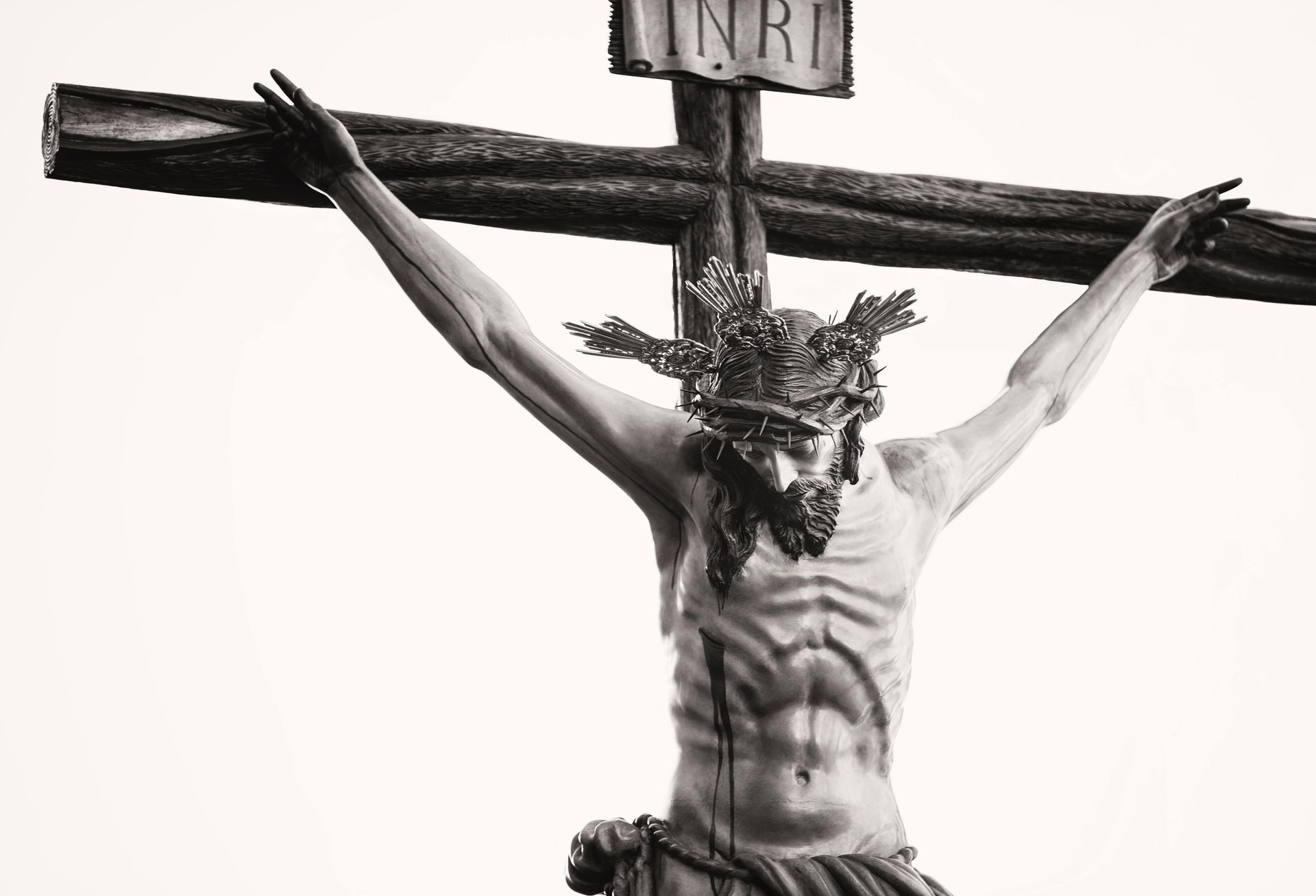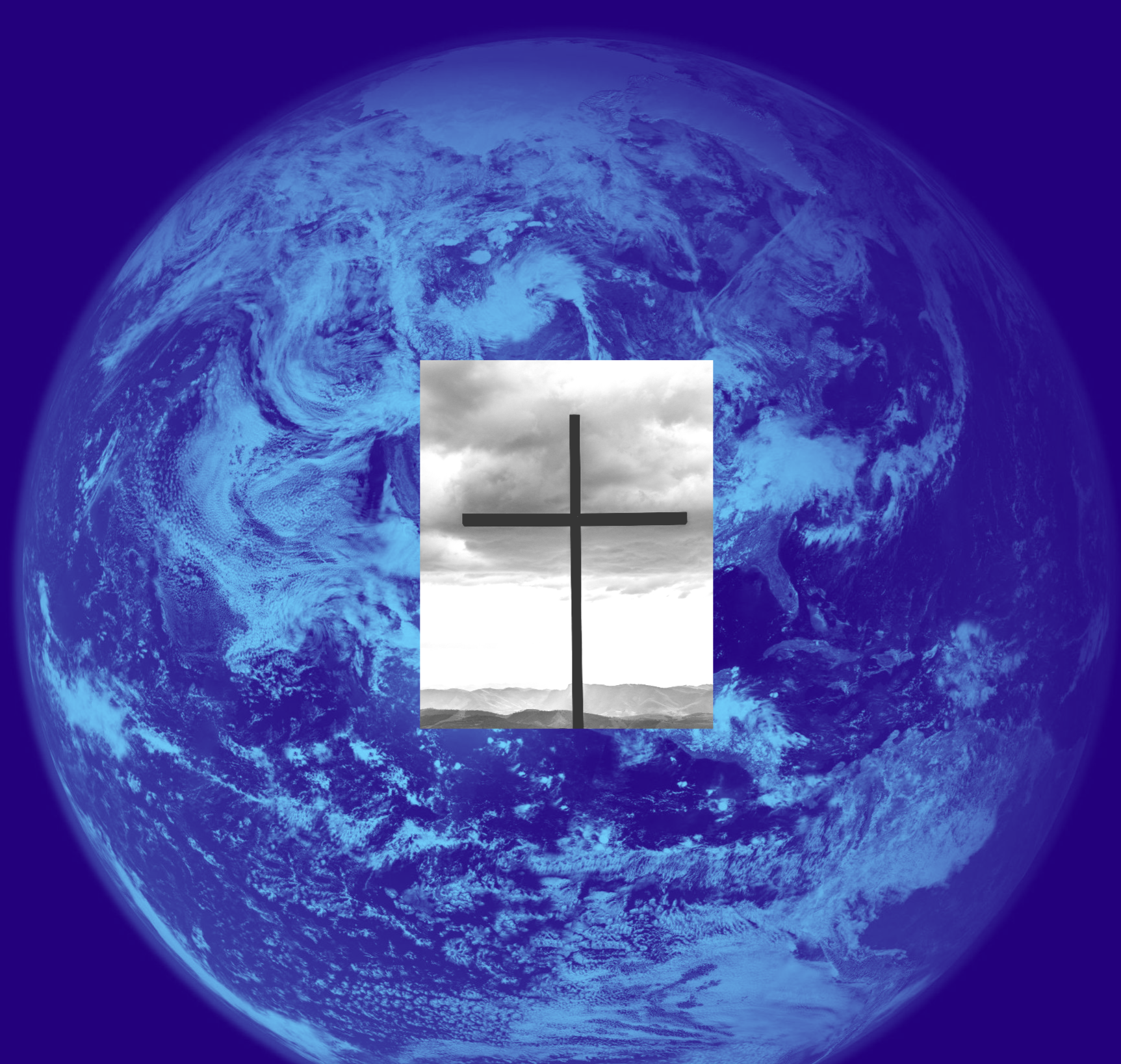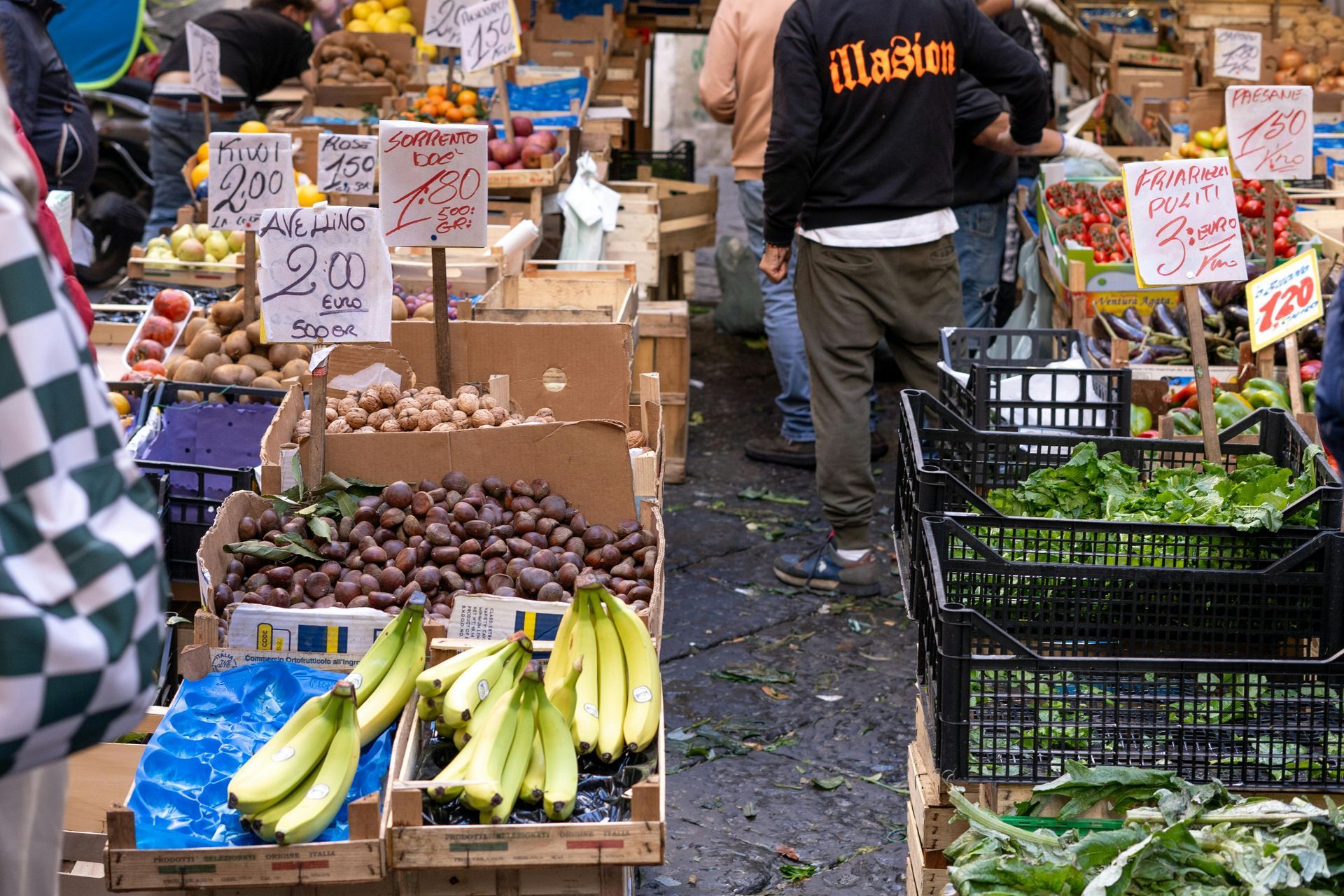Explore the journey of a philosopher transitioning from being alone to embracing a solitary life.
In a world buzzing with constant connectivity and interaction, the transition from an isolated lifestyle to one that embraces solitude presents a unique challenge and opportunity for philosophers.
Embracing Solitude: A Philosopher's Transition from Loneliness to Solitary Life in a Catholic Context
In a world teeming with constant connectivity and perpetual distraction, the idea of solitude often conjures images of isolation and loneliness. Yet, for a philosopher deeply rooted in the rich traditions of Catholicism, the journey from merely being alone to embracing a life of solitude can be a transformative experience, rich with spiritual growth and profound introspection.
Loneliness vs. Solitude
At the heart of this transition lies the nuanced difference between loneliness and solitude. Loneliness often implies a sense of being cut off, a feeling of desolation and longing for connection. Solitude, on the other hand, is a chosen state, one that allows for reflection, creativity, and spiritual depth. For a philosopher exploring these paths, the shift from one to the other involves a reorientation of perception, turning what was once a space of absence into a fertile ground for internal dialogue and contemplation.
Catholic Foundations of Solitude
Catholicism offers a robust foundation for solitude as a spiritual practice. The desert fathers and mothers of early Christianity, for instance, retreated into the wilderness to foster a deeper connection with God through prayer and reflection. Inspired by this tradition, a philosopher might find themselves drawn toward a solitary life not as an escape from the world, but as a means of engaging with it from a different, more profound perspective.
Ang mga sakramento, na likas na pangkomunidad, ay nagbibigay ng isang pagsubok para sa mga nasa paglalakbay na ito. Habang ang pag-iisa ay nagbibigay-diin sa pag-alis, ang mga ritwal ng Katoliko ay ibinabalik ang indibidwal sa komunidad ng pananampalataya, na lumilikha ng isang ritmo ng pakikipag-ugnayan at pag-urong. Sa ganitong paraan, natututo ang pilosopo na balansehin ang nag-iisa sa komunal, na kinikilala na ang tunay na koneksyon sa banal ay madalas na matatagpuan sa interplay sa pagitan ng dalawang estadong ito.
Philosophical Inquiry and Solitude
For philosophers, solitude can be especially significant, serving as a crucible for rigorous thought and self-examination. In the quiet, free from the cacophony of daily life, deep philosophical inquiries emerge, untouched by the immediacies that so often drive our outer world. Using solitude as an ally, the philosopher delves into the mysteries of existence, truth, and morality, intertwined with their Catholic faith, forging a path that is uniquely their own.
Thomas Merton, a Trappist monk and influential 20th-century Catholic thinker, encapsulates this journey with his reflections on solitary life. Merton’s writings serve as a testament to the power of solitude as both a personal and collective experience—one that allows for greater empathy and understanding of the world at large.
Practical Steps Towards Embracing Solitude
For the modern philosopher seeking to transition into a life of chosen solitude, several practical steps can facilitate this journey. First, establishing a daily routine of prayer or meditation can ground their solitary practice, anchoring it in their Catholic faith. Additionally, setting aside regular periods for reading and reflecting on theological and philosophical texts encourages a depth of understanding and sustained inquiry.
Engaging with nature, much like the desert ascetics, can also enhance the philosopher's solitary journey, offering a sense of connection and grounding in creation. Lastly, seeking spiritual direction from those who have navigated similar paths provides guidance and insight, ensuring the solitude chosen is one that enriches rather than isolates.
Conclusion
Sa pagyakap sa isang buhay na nag-iisa, natuklasan ng pilosopo na ang tunay na pag-iisa ay hindi tungkol sa kawalan ng iba, ngunit sa halip ay tungkol sa kabuuan ng sarili. Sa loob ng mayamang tapiserya ng tradisyong Katoliko at ang paghahangad ng pilosopikal na pagtatanong, ang pag-iisa ay nagiging isang sagradong espasyo—isang matahimik na sanctum kung saan ang isip, puso, at espiritu ay nakahanay sa isang maayos na symphony. Dito, sa napiling pag-iisa na ito, makikita ng isang tao ang kalinawan, layunin, at sa huli, ang isang mas malalim na koneksyon sa banal.


































